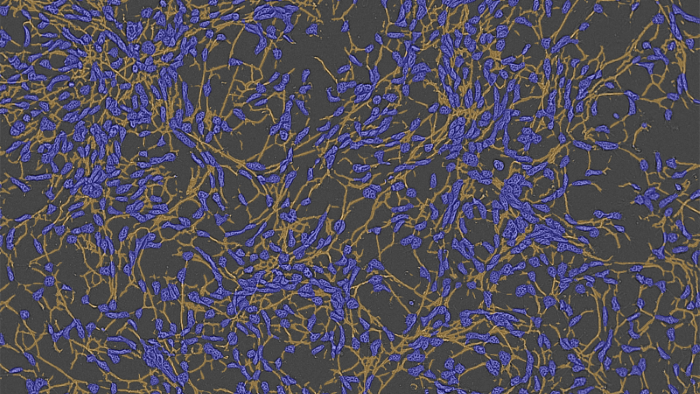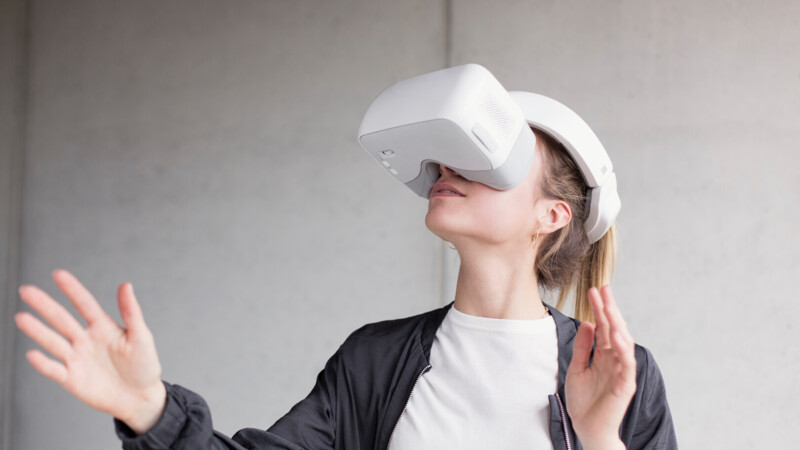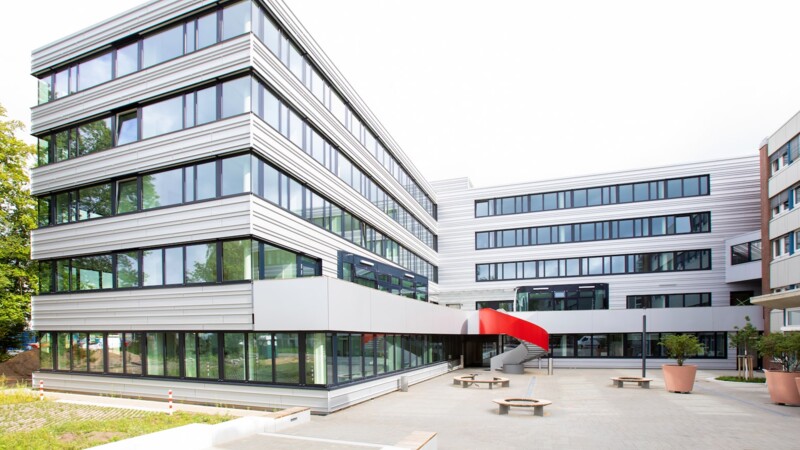"The Dr. Martini Prize honurs excellent scientific work that has particular clinical relevance and provides new insights into the development of diseases," said Prof. Dr. Ansgar W. Lohse, Chair of the Board of Trustees of the Dr. Martini Foundation and Director of UKE's I. Medical Clinic and Polyclinic. First prize went to Dr. Max Kaufmann, Institute of Neuroimmunology and Multiple Sclerosis (MS), for identifying immune cells that settle in the brain during the course of the autoimmune disease MS. There, they are shielded from medicine and can accelerate the course of the disease and precipitate severe disabilities.
Four young scientists at the University Medical Center Hamburg-Eppendorf (UKE) have won Germany's oldest medical prize, the Dr. Martini Award, for top research. The award honours outstanding basic research, which focuses keenly on people, Katharina Fegebank, Senator for Science, Research and Equality remarked when presenting the prizes.
New findings on multiple sclerosis
Research into COVID-19 honoured
Dr. Gustav Buescher and Dr, Marcial Sebode, I. Medical Clinic and Polyclinic, won second prize for their research into COVID-19 among patients with rare liver diseases. Dr. Filip Berisha, Clinic and Polyclinic for Cardiology, also won second prize for developing new, highly-sensitive biomarkers that reveal molecular changes in chronic heart failure and identify life-threatening arrhythmias early. That minimises the risk of sudden heart failure, according to the trustees. Fabian Heinrich, a doctoral student, received the Dr. Martini Medal for his systematic analysis of the causes of death of COVID-19 patients by autopsy in forensic medicine.
sh/sb/pb
Sources and further information
Dr. Martini Foundation
The Dr. Martini Foundation was set up in 1880 by friends and companions of the surgeon Dr. Erich Martini to promote young scientists. The prize is endowed by the Hamburg Foundation for Science, Development and Culture Helmut and Hannelore Greve.
More
Similar articles

Analysing stem cells with artificial intelligence


